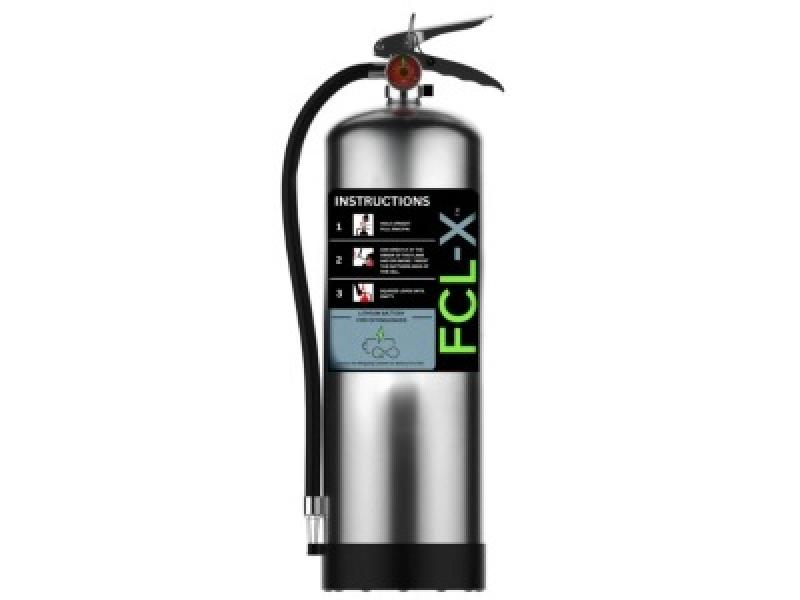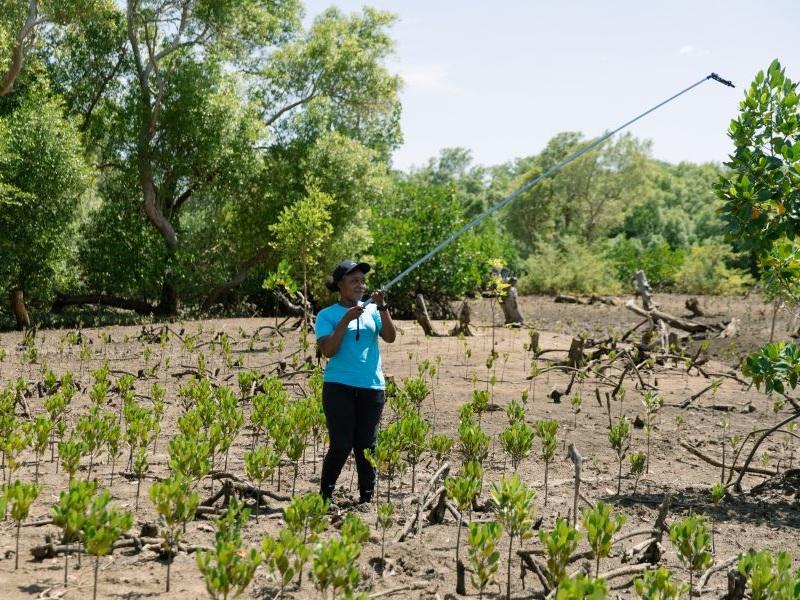
Emissions Reduction Alberta (ERA) is just one of the companies investing in the AZETEC project (Courtesy, ERA)
With its funding now in place, the Alberta Zero-Emissions Truck Electrification Collaboration (AZETEC) is ready to proceed with a pilot project which will see long-range, fuel cell electric trucks operating between Calgary and Edmonton.
The Alberta Motor Transport Association (AMTA) is leading the project, in collaboration with multiple project partners, including Hydrogen Technology and Energy Corporation (HTEC) and Zen Clean Energy Solutions. Together the seven participating companies will manage the design, manufacture, and operation of two vehicles which will comprise the initial phase of the initiative.
Ballard Power Systems previously announced in 2019 that it would be powering the trucks using its next-generation, proton exchange membrane fuel cell engine. It will be integrated with a lithium-ion battery into a hybrid electric drive built by Nordresa, on a Freightliner Class 8 truck platform.
The fuelling infrastructure for the project will be generated by Praxair Services, Canada Inc., using existing hydrogen infrastructure to transport fuel between the Praxair facility and a depot in Edmonton.
AZETEC is the first transportation technology project to be conducted in the seven-acre phase 1 of the AMTA training and testing facility at the Edmonton International Airport. Phase 2 of the four planned stages of this development is under design and will expand the five-acre training and testing surface by an additional 13 acres, allowing a wider range of research, technology testing, and driver training.
Project scope, funding, and objective
Canada’s minister of natural resources, Seamus O’Regan Jr., announced $2.3-million in government funding on June 3 to further the initiative. Natural Resources Canada’s (NRCan) Electric Vehicle Infrastructure Demonstration Program (EVID) — under the feds’ Investing in Canada Plan: Green Infrastructure — provided the funding, along with Emissions Reduction Alberta, Ballard Power Systems, and Dana Inc.
The total investment is $9.2 million.
“Hydrogen’s moment has come, and Canada is leading the way,” said O’Regan in the announcement. “Using hydrogen in heavy-duty trucking will lower emissions, increase our competitiveness and drive clean economic growth. This is how we get to net zero by 2050.”
The goal is to test the ability of hydrogen to fuel Alberta’s heavy-duty freight transportation sector. It is also considered the first step in exploring a potential made-in-Alberta hydrogen economy.
The AZETEC team will install a hydrogen fuelling station designed for heavy-duty transport trucks and then test the infrastructure under real-world conditions, including extreme temperatures. AZETEC will also test the trucks’ ability to refuel in 20 to 45 minutes. Passing these tests would support the transition to heavy electric vehicles.
How AZETEC will contribute to climate action
Canada’s transportation sector currently accounts for 25 per cent of national greenhouse gas emissions.
The zero-emission trucks, which have a range of about 700 kilometres, will be capable of reducing GHG emissions due to improved fuel efficiency. The project will further reduce emissions as carbon is isolated at the hydrogen generation facility.
“AMTA is committed to helping lead Canada’s commercial transportation industry toward a zero-emission future,” said Chris Nash, the president of AMTA, in the announcement. “Electric vehicles and other emission-reduction technologies are essential to this effort, and the hydrogen fuelling station will support AZETEC commercial trucks in providing access to hydrogen, which diversifies energy opportunities critical to our economic recovery and development.
“Programs like this also show investors that Alberta and Canada recognize the importance of reducing the industry’s impact on the environment, and our commitment to building a sustainable, efficient, resilient and responsible supply chain.”
Canada also recently established an agreement with seven other countries to reduce GHG emissions from the freight sector by manufacturing and embracing clean-energy cars, trucks, and other heavy-duty vehicles. Canada is a co-leader of the Electric Vehicle Initiative, a global multi-government policy forum launched under the Clean Energy Ministerial to increase the production and incorporation of electric vehicles.









